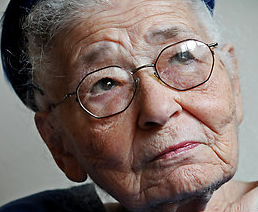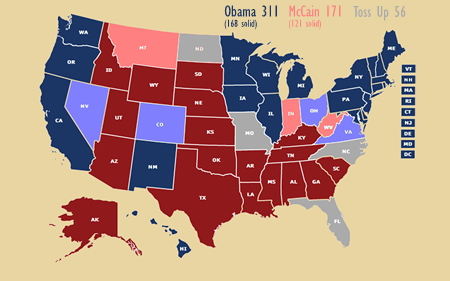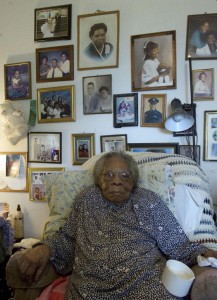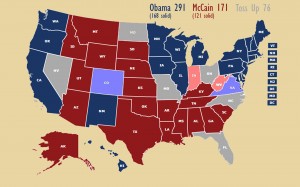Sun 2 Nov, 2008
Older blacks campaigning for Obama
Comment now Filed under: Politics| Tags: Barack Obama, Presidential election |
 The Washington Post has a delightful story this morning about the reactions of older black citizens, particularly those in their 90s, to the possibility that Barack Obama may be elected president on Tuesday.
The Washington Post has a delightful story this morning about the reactions of older black citizens, particularly those in their 90s, to the possibility that Barack Obama may be elected president on Tuesday.
The article highlights the story of Ruth Worthy, who is 91 years old and grew up in a middle-class household in Boston. The daughter of a doctor, she was the first black to work at the post office in Boston and attended Bridgewater State College in Massachusetts.





